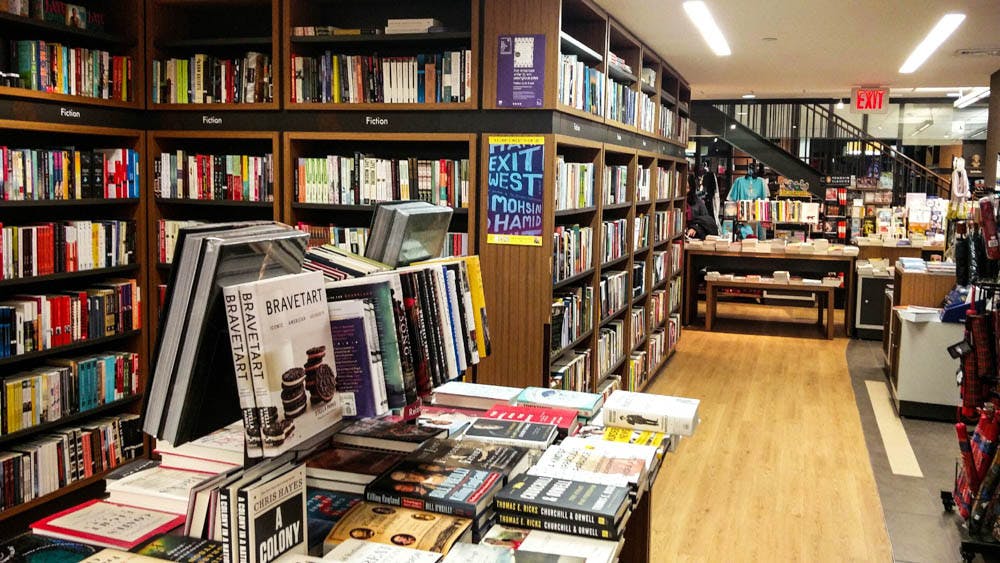“Is it better to do the right thing, even if it might be the wrong thing for you personally?” writes alum Peter Rush ’71 in his novel “Wild World.” The novel follows his protagonist, Steven Logan, as he struggles to make a change in a climate defined by political and social tension. Students will have a chance to hear from Rush firsthand on Feb. 1 at 6 pm, when he discusses and signs his book at the Brown Bookstore.
“Wild World” by Peter Rush is set in the 1970s — an era rife with protests, scandals and the turbulence triggered by the Vietnam War. Despite this omnipresent chaos, Logan, a senior at Brown, initially appears to lead a well-structured, idealistic life. On the threshold of entering law school at Georgetown, he is protected inside the bubble of elite academia alongside his girlfriend.
Although “Wild World” is a fascinating read, its opening is admittedly disappointing. The characters initially appear to lack nuance and the casual writing style — though accessible — is slightly stilted. But the story soon gains momentum. The plot acquires depth, the characters gain complexity and the conversational narrative assumes an easy flow. Indeed, the remainder of the novel is nothing short of engaging.
When four students at Kent State are shot by the National Guard during a protest, Logan experiences an outburst of ardent anger and shock. Convinced that he can single-handedly purge the system from within, Logan decides to defer his plan for law school and join the Providence Police instead.
From there, his life alters drastically, as he finds himself trapped between two worlds but belonging to neither. The incongruity of his presence in the police force is unmistakable. Likewise, the rampant corruption inside the system disgusts him. Meanwhile, he grows estranged from his college friends, who begin to view him as one with the establishment — a symbol of the enemy. The story is on the cusp of this fault line of ideals as Logan grapples to navigate the harshness of reality.
Rush’s landscape is carefully constructed. Interspersed with vivid snapshots of the political, cultural and social climate, the novel captures the zeitgeist of the 1970s with absolute candor and exhaustive detail. The portrayal of the mood on university campuses — specifically Brown’s campus — has a distinct flavor of authenticity that likely stems from his personal college experiences. Illustrations of College Hill permeate the story, remarkably delineating the spirit of Brown. While the novel may be set nearly half a decade ago, Rush is successful in capturing an essence of the campus that continues to linger today.
“Wild World” often invites the reader to meditate on philosophical questions that have a timeless relevance. For instance, Rush considers how students in elite academic institutions live a life of illusions, isolated from the brutal outside world. “Do you have any idea how unreal this academic world is?” he questions. “What is the real human condition? Why are the people exploited? Why don’t we all live in harmony? Why, why?”
At times, his ruminations may appear a bit harsh. He characterizes elite academia as a bubble where “parents pay the bills and the kids pretend to have all the answers” in stark contrast to the real world in which “shit happens.” Like many aspects of the story, this idea is a perturbing thought. But Rush effectively elicits an emotional response from the reader, ultimately echoing the underlying message of the novel: Whether or not we realize it, we too are living in a wild world.





